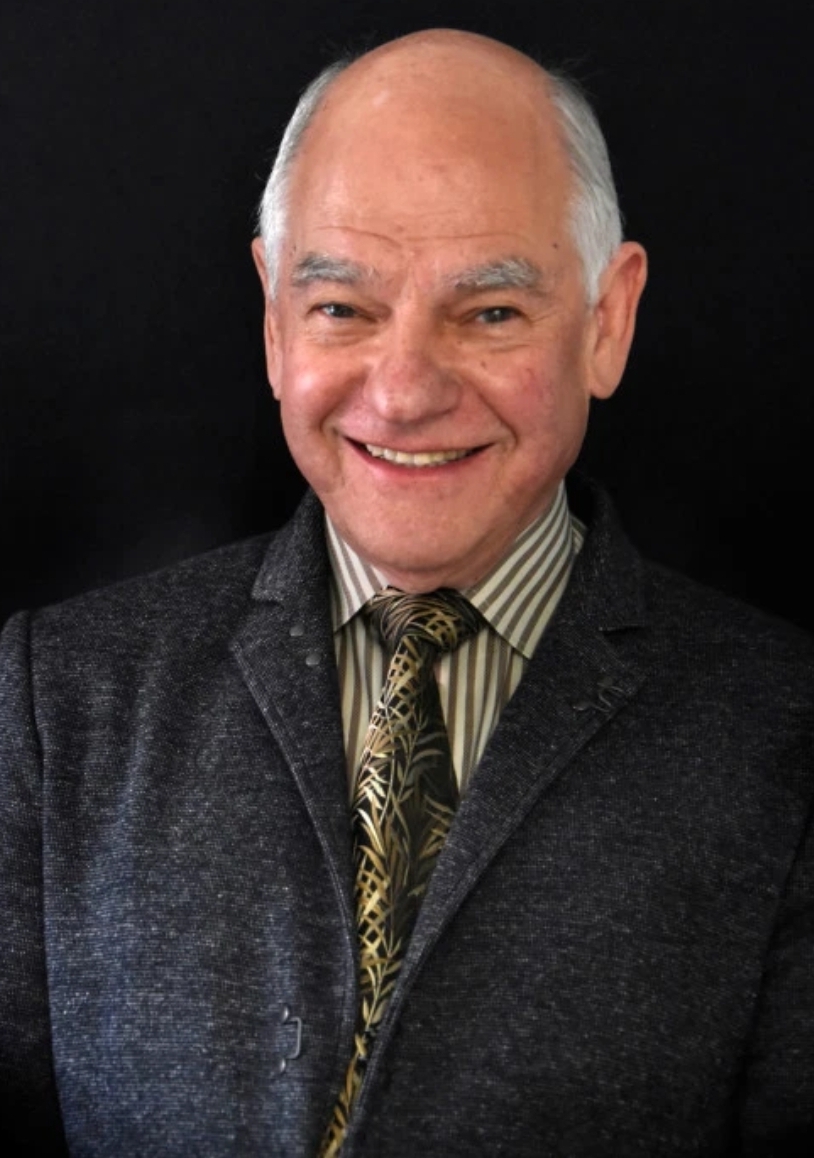Confused about the risk of breast cancer when taking HRT? Let’s bust some common myths
MYTH: HRT causes breast cancer
FACT: The risks of HRT depend on the type of hormones you are prescribed – any risks of hormones are in women who take synthetic (chemically altered hormones) and not in those women who take natural (body identical hormones). This means that there are also risks with hormonal contraceptives as these all contain synthetic hormones.
Some studies have shown that women taking combined HRT containing both estrogen and a progestogen (which is a synthetic progesterone) may be associated with a very small increased risk of breast cancer [1]. However, this increased risk was not found to be statistically significant.
The increased risk is related to the type of progestogen in the HRT and not the estrogen. Taking micronised progesterone (the body identical progesterone) has not been shown to be associated with an increased risk of breast cancer.
Women taking estrogen-only HRT have been shown to have a lower future risk of developing breast cancer compared to women not taking any HRT [2].
MYTH: You can’t take HRT if you’ve had breast cancer in the past
FACT: There is no good quality evidence to answer this – some studies have involved using older types of synthetic hormones. There is no solid evidence that taking HRT after breast cancer is either safe or with risks. There are benefits to symptoms and future health for women who have had breast cancer and risk of recurrence of cancer is likely to be less in women who have an oestrogen receptor negative breast cancer in the past. Some women are prescribed testosterone rather than estrogen after breast cancer to improve their symptoms and future health.
RELATED: A guide to menopause if you've had breast cancer
MYTH: You can’t take HRT if someone in your family has/had breast cancer
FACT: There is no evidence that having a family history of breast cancer puts you at any higher risk of getting breast cancer if you take body identical HRT, compared to women who do not have a family history of breast cancer.
There is some evidence that women with a family history of breast cancer who take HRT have a lower future risk of developing breast cancer compared to women not taking HRT [3].
RELATED: Family history of breast cancer: should I take HRT and testosterone?
MYTH: Estrogen-receptor-positive breast cancer is caused by estrogen
FACT: All cells in your body have estrogen receptors on them, and having an ER-positive breast cancer means that the breast cancer cells have receptors for estrogen on them. It does not mean that estrogen has caused breast cancer.
MYTH: If you take HRT you are at increased risk of breast cancer for more than 10 years, even after you stop taking it
FACT: This not current. This is outdated information that was given to healthcare professionals in 2019 and was based on a study where the data used was from older formulations and doses. There is no good quality evidence that taking body identical HRT is associated with an increased risk of breast cancer that lasts more than 10 years after your stop taking it.
RELATED: HRT in later life or after menopause
MYTH: Taking HRT for longer than five years increases your risk of breast cancer
FACT: There is no evidence that taking body identical hormones are associated with an increased risk of breast cancer, regardless of the duration of taking it.
MYTH: You cannot use vaginal hormones if you’ve had breast cancer or are at higher risk of breast cancer
FACT: Vaginal hormones, also known as local hormones, are different to HRT as they are very low dose and do not get absorbed into your body. They can usually safely be prescribed for women who have had any type of breast cancer [4,5,6,7].














